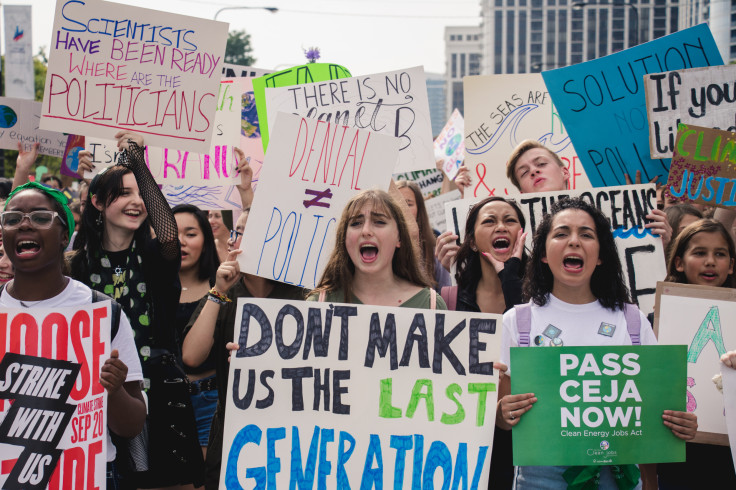
A climate report published by the United Nations on Monday now predicts that the planet is on track to warm by nearly 3 degrees Celsius by 2100, a staggering figure which could have substantially larger impacts on communities around the globe.
The 2023 Emissions Gap Report was published ahead of the Conference of the Parties to the United Nations (COP 28) and assess climate pledges with the goal of reducing emissions to preindustrial levels.
The report found that if governments stay idle and take no climate action, global temperatures could rise between 2.5°C and 2.9°C. These new numbers are up from the UN's 2022 predictions that global temperatures would rise between 2.4°C and 2.6°C by 2100 under the same premise.
To put the significance of the figure in perspective, according to NASA, a 1.5°C increase in global temperatures will make populations more susceptible to heat waves, droughts, extreme precipitation and water scarcity, among other environmental conditions.
The report also illustrated the stark differences between the amount of pollution produced by countries. According to the report, 10 percent of the populations with the highest GDPs emit 28 percent of all emissions.
In the U.S., a similar scenario has played out, where often low-income communities and communities of color are on the front lines of climate change and feel the burden of its effects.
In 2022 alone, Latino communities were among the impacted by heat waves and severe floods, and notably, these are not one-off issues in Hispanic communities; they are becoming more common, according to data.
A study from the University of Arizona found that Blacks and Hispanics are more likely to live in low-income areas that are at high risk of flooding. In California, Latino residents live in areas that are 6.5°F hotter due to the lack of tree shade and green spaces in their neighborhoods. And at a national level, Latinos are 21% more likely to live in areas prone to heat waves compared to non-Hispanics. With global temperatures continuing to increase, more Latinos will feel the effects of climate change, and extreme climate events will likely become more severe, according to the recent UN report.
Latinos are also victims of bad environmental laws, as seen in Chicago, where they are exposed to more risks through fossil fuel pollution. A recent study from the city of Chicago found that Latino neighborhoods have high levels of particulate matter in the air of their communities, which leads to an increased risk of contracting chronic illnesses.
"Communities with low socioeconomic status and high rates of chronic health conditions are especially vulnerable to the impacts of air pollution," reads the report.
© 2025 Latin Times. All rights reserved. Do not reproduce without permission.





